Podcast: Play in new window | Download (Duration: 49:09 — 67.6MB) | Embed
Subscribe: Apple Podcasts | Spotify | Amazon Music | Android | Pandora | iHeartRadio | JioSaavn | Podchaser | Gaana | Podcast Index | Email | TuneIn | Deezer | Anghami | RSS | More
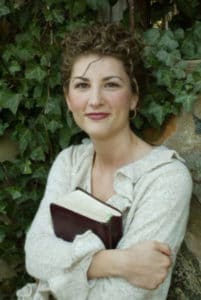
Body and Soul at Rest – Episode 9 – Freedom from Anxiety with Sonja Corbitt
Rest is not merely inactivity. Although it certainly includes leisure, rest involves the entire human person, in thoughts, emotions, body, and soul. In this episode we explore what the Bible means when it commands us to observe Sabbath rest.
For other episodes in this series, visit the Discerning Hearts Sonja Corbitt page
Be sure to visit Bible StudyEvangelista webpage at: https://www.biblestudyevangelista.com
LOVE the Word™ is a Bible study method based on Mary’s own practice.
Listen (Receive the Word.)
O | Observe (Connect the passage to your life and recent events.)
Could a neglect of keeping a proper Sunday observance be contributing to your unrest? What small steps can you begin taking today to make your Sundays more restful for yourself and your family?
V | Verbalize (Pray about your thoughts and emotions.)
Remembering that He loves you and that you are in His presence, talk to God about the particulars of your O – Observe step. You may want to write your reflections in your LOVE the Word® journal. Or, get a free journal page and guide in the right-hand margin.
E | Entrust (May it be done to me according to your word!)
Heavenly Father, I ask that Your love flow upon me. May the Blood of Christ cover all wounds and restore all in me to wholeness and life. May the fire from Our Lady’s heart now enter me and anoint everything with the Holy Spirit and blind Satan. May St. Joseph wrap me with blessings and peace, in the Name of the Father, and of the Son, and of the Holy Spirit. Amen
READ THE TRANSCRIPT
Click here for a written transcript of this episode.
Visit here for more on Sonja’s “LOVE the Word” journal
Also:
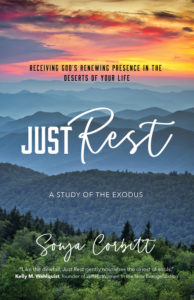

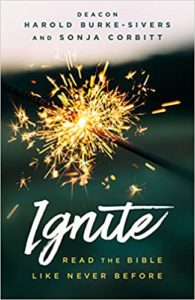
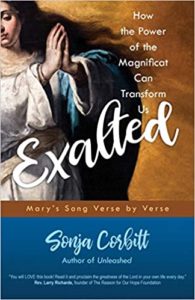
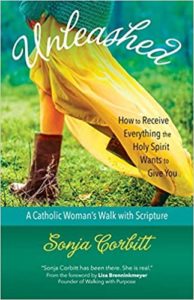

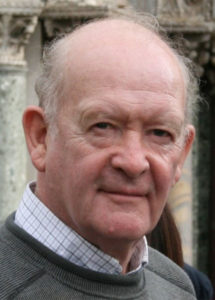
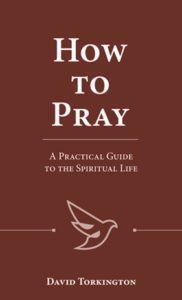

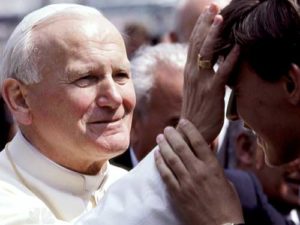

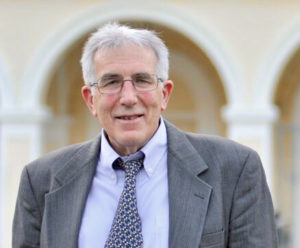
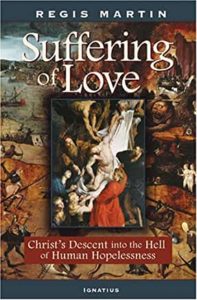
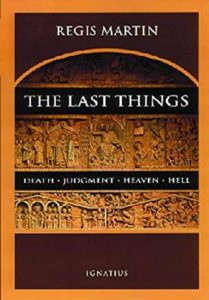
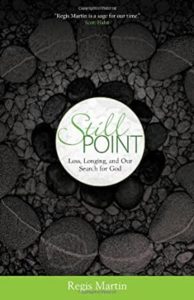
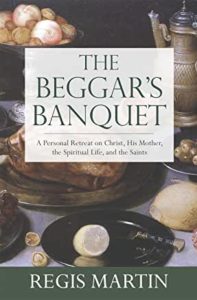
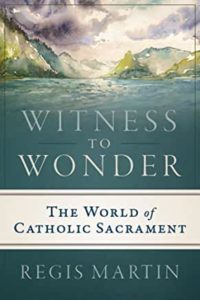
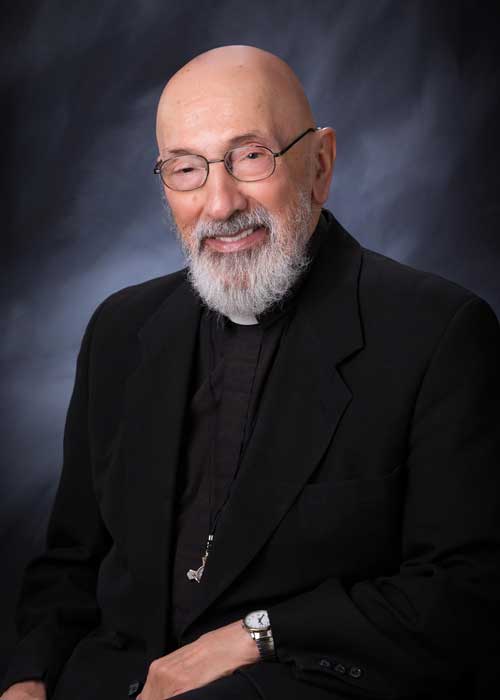
 For other audio recordings of various spiritual classics you can visit the
For other audio recordings of various spiritual classics you can visit the 